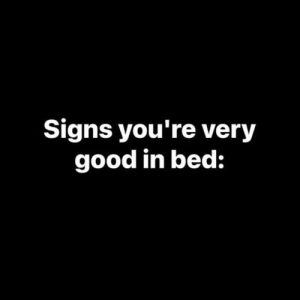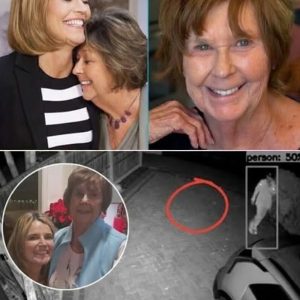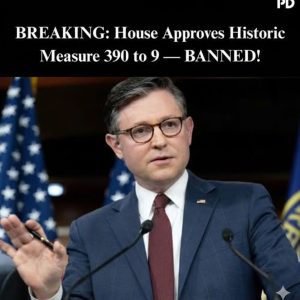He was once the smiling boy on every magazine cover — the kind of face that made families tune in each week during the 1980s. To the world, he looked confident, happy, and destined for stardom. But behind that picture-perfect image was a young actor quietly struggling to understand who he was and what kind of life he wanted.
Born in 1974, he entered Hollywood before most kids his age could cross the street alone. At eight, he landed his first major role on St. Elsewhere, playing an autistic child. His mother helped him prepare by explaining how children with autism often live in their own worlds. “And I understood that,” he later recalled. “I would sit there and have this whole world going on in my head.” That imagination, that sensitivity, became both his gift and his burden.
Soon, he was everywhere: Our House, My Two Dads, and dozens of TV movies. While other kids learned to ride bikes and go to school dances, he performed under the spotlight. The audience saw a confident teen idol; inside, he was still a child trying to make sense of it all. “People were making a lot of money,” he said. “And I didn’t want to do it anymore.”
By sixteen, he had become a carefully packaged brand. Yet all the attention only deepened his confusion. “He was very well put together,” he later said of his public image, “and I wanted to get to know him.” In quiet rebellion, he walked away from Hollywood, returned to high school, and joined the drama club. Among “the rejects, the gay kids, the very uncool,” he discovered honesty and freedom.
But the pressures of fame and identity followed him. Raised in a devout Catholic home, he carried faith and guilt into adulthood, and addiction took hold. “At the end of the day, I was alone, and I couldn’t stop drinking,” he admitted. Hitting rock bottom, a friend’s decision to walk away became his turning point, and he entered recovery determined to rebuild.
At 21, while starring in Dr. Quinn, Medicine Woman, a tabloid published photos of him kissing another man. “I was scared,” he said. “Just scared.” He refused to lie or deny it. The fallout was immediate — family strained, Hollywood doors closed. But letters began arriving from young men thanking him for being visible. Writing back to them, one by one, “helped me,” he said. “At the end of the day, it’s love. I’ll take it — whatever it looks like.”
Work dried up, but he kept going. Healing became his mission. In 2015, he left Hollywood for good — not in defeat, but with clarity. He went back to school, earned a doctorate in clinical psychology, and opened Confluence Psychotherapy, symbolizing two rivers joining into something stronger. “My greatest hope,” he said, “is that when we die, we experience God and let go of all judgment and fear.”
Today, he lives quietly — counseling others, walking his dog, enjoying nature, and advocating for the LGBTQ+ community. The boy once known as America’s sweetheart grew into a man who chose honesty over image and healing over fame. His name is Chad Allen — a former teen idol who found his real calling not under Hollywood lights, but in helping others find their way out of the dark.





